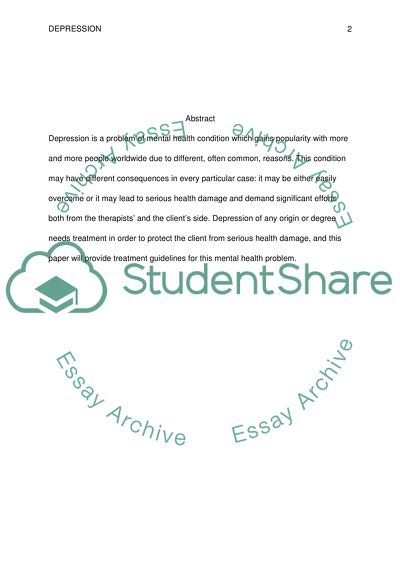Cite this document
(“Systematic Reviews and Treatment Guidelines of Mental Health Problems Coursework”, n.d.)
Systematic Reviews and Treatment Guidelines of Mental Health Problems Coursework. Retrieved from https://studentshare.org/psychology/1699461-systematic-reviews-and-treatment-guidelines-of-mental-health-problems
Systematic Reviews and Treatment Guidelines of Mental Health Problems Coursework. Retrieved from https://studentshare.org/psychology/1699461-systematic-reviews-and-treatment-guidelines-of-mental-health-problems
(Systematic Reviews and Treatment Guidelines of Mental Health Problems Coursework)
Systematic Reviews and Treatment Guidelines of Mental Health Problems Coursework. https://studentshare.org/psychology/1699461-systematic-reviews-and-treatment-guidelines-of-mental-health-problems.
Systematic Reviews and Treatment Guidelines of Mental Health Problems Coursework. https://studentshare.org/psychology/1699461-systematic-reviews-and-treatment-guidelines-of-mental-health-problems.
“Systematic Reviews and Treatment Guidelines of Mental Health Problems Coursework”, n.d. https://studentshare.org/psychology/1699461-systematic-reviews-and-treatment-guidelines-of-mental-health-problems.


